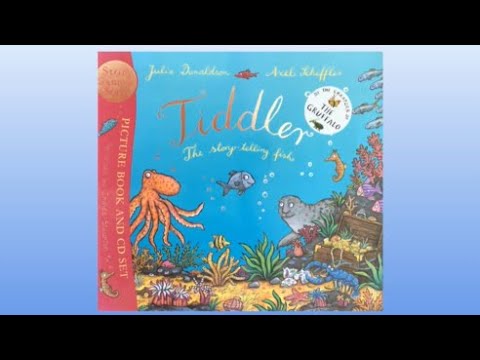“TiddlyWiki” is a portmanteau that combines the concepts of “small” and “quick”
Although the term “tiddler” (or “tiddly”) may be a less well known and somewhat diminutive word, it avoids drawing upon unintentional implied meanings that other more recognized words may carry.
As a branding identity, it’s relative obscurity may also be considered an advantage, in that it helps to highlight TiddlyWiki’s uniqueness that differentiates it from the bulk of other “personal information management” applications it may be compared with.
“Tiddler” also lends itself as a good metaphor for the philosophy of TiddlyWiki; specifically, it is a common British term for a small fish (the Three-Spined Stickleback), and embodies the concept of a school of fish, distinct and separate as individuals, but moving in a naturally emergent coordinated manner to produce a beneficial combined and coherent behavior.
The term “wiki” was chosen by Ward Cunningham in 1995 to describe the very first database-driven website intended to evolve through organic, non-linear growth from a minimal framework to a fully realized presentation.
Derived from the Hawaiian word “wiki wiki” meaning “very quick”, it is evocative of the manner in which a TiddlyWiki “document” can be initially created with little to no advanced planning and then refined/refactored later to incorporate a wide range of sophisticated data relationships and interactive workflows.
-e
P.S. for your enjoyment, I offer “Tiddler: The Story Telling Fish”, by Julia Donaldson:

 To each their own, but to write off public opinion as someone else’s problem is a bit counterproductive to the project of “increasing the userbase,” imo.
To each their own, but to write off public opinion as someone else’s problem is a bit counterproductive to the project of “increasing the userbase,” imo.


